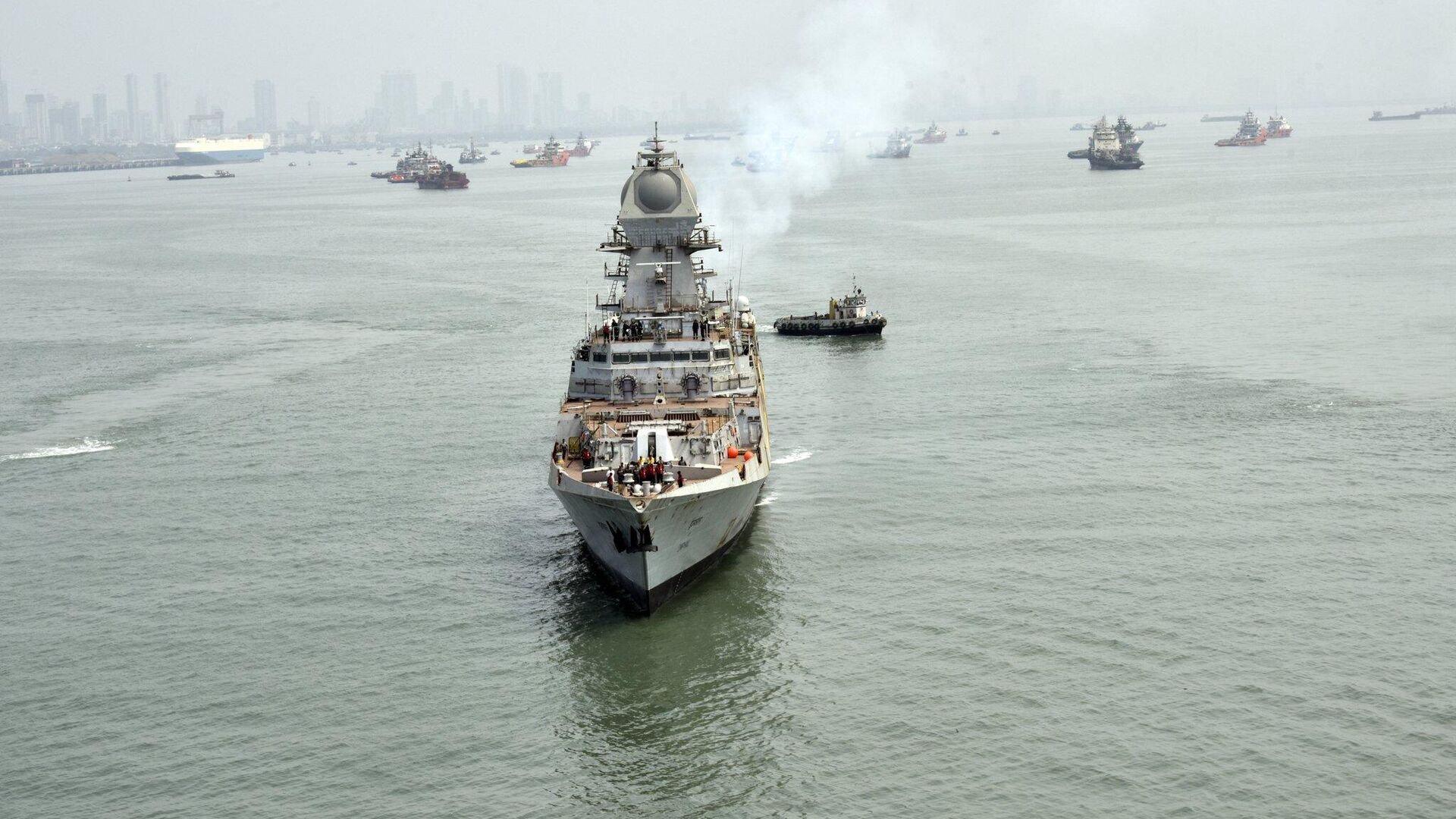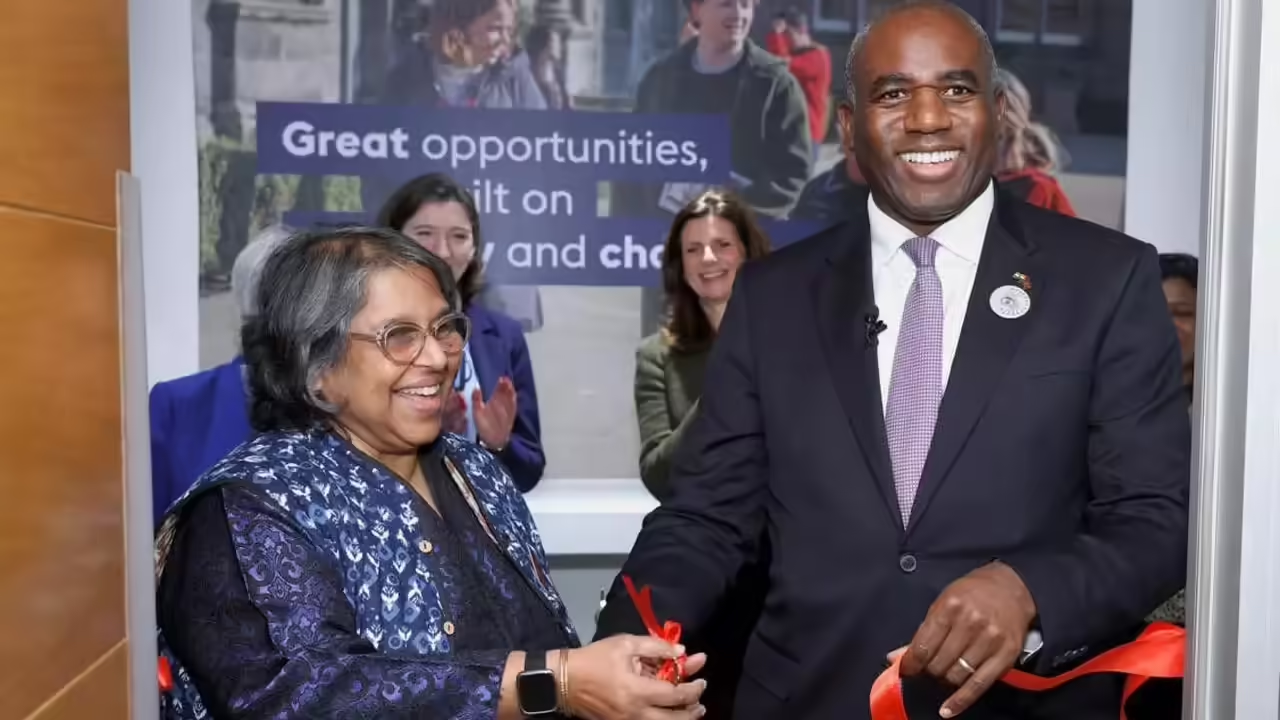In recent times, the Indian military has demonstrated its commitment to global security through a series of daring rescue missions. Often in the spotlight is the United States as the world’s savior. The real-life events, however, reveal the reciprocal nature of international assistance.
A noteworthy example is the Indian Navy’s heroic rescue of the crew members of the US-based ship Genco Picardy in the tumultuous Middle East, where the ongoing Houthi conflict continues to escalate.
The incident unfolded in the Gulf of Aden when the Genco Picardy fell victim to a drone attack orchestrated by Houthi fighters. In response, US forces swiftly launched a counterstrike, successfully neutralizing 14 incoming missiles. However, the aftermath of the attack necessitated urgent action to rescue the stranded crew members.
-
As geopolitical dynamics continue to evolve, the Indian Navy’s proactive and decisive interventions serve as a testament to the global community’s shared responsibility in ensuring maritime security
-
This collaborative approach, exemplified in the rescue of the US crew members, underscores the importance of international cooperation in the face of emerging threats
Stepping into this perilous situation, the Indian Navy deployed a warship for the rescue mission. This vessel, originally on a different course, quickly adapted and redirected its efforts to assist the distressed Genco Picardy. In a commendable display of coordination and efficiency, all 22 crew members were successfully rescued on Thursday, with reports indicating that they emerged from the ordeal unharmed.
This recent operation is not an isolated incident. The Indian Navy has previously demonstrated its prowess in the Red Sea, countering Houthi threats and rescuing hostages from a vessel hijacked by the terrorists. The consistent presence of the Indian Navy in the region has proven to be a valuable asset in the collective efforts to curb Houthi aggression.
As geopolitical dynamics continue to evolve, the Indian Navy’s proactive and decisive interventions serve as a testament to the global community’s shared responsibility in ensuring maritime security. This collaborative approach, exemplified in the rescue of the US crew members, underscores the importance of international cooperation in the face of emerging threats.
************************************************************************
Readers







